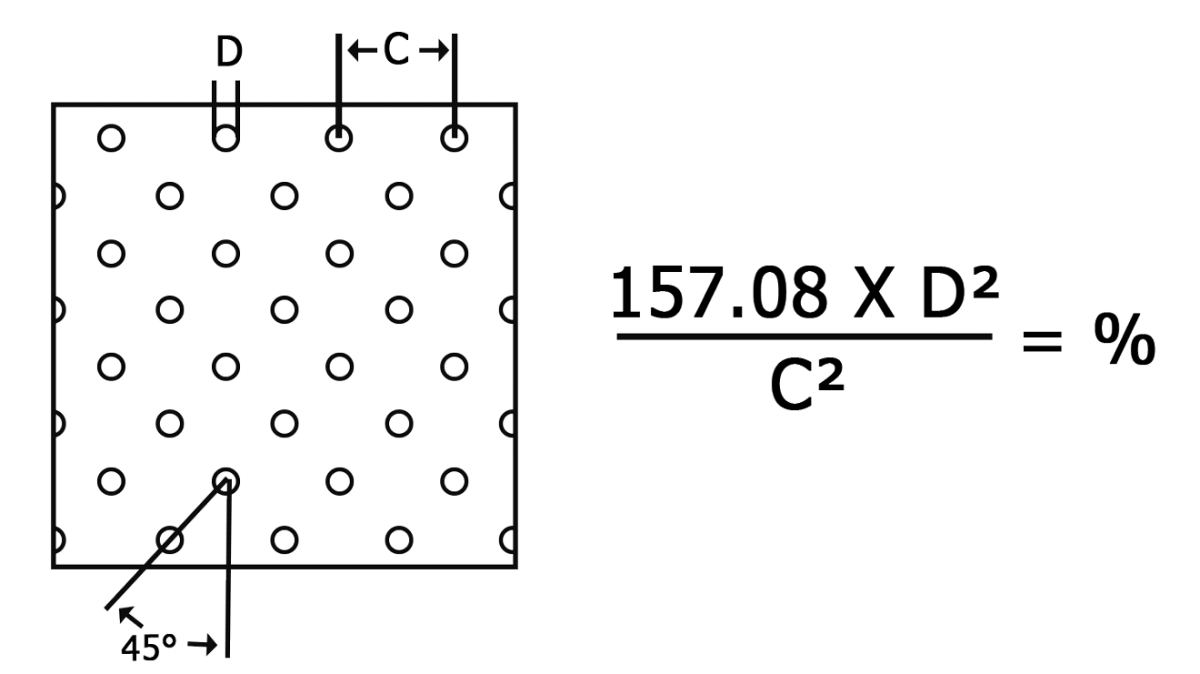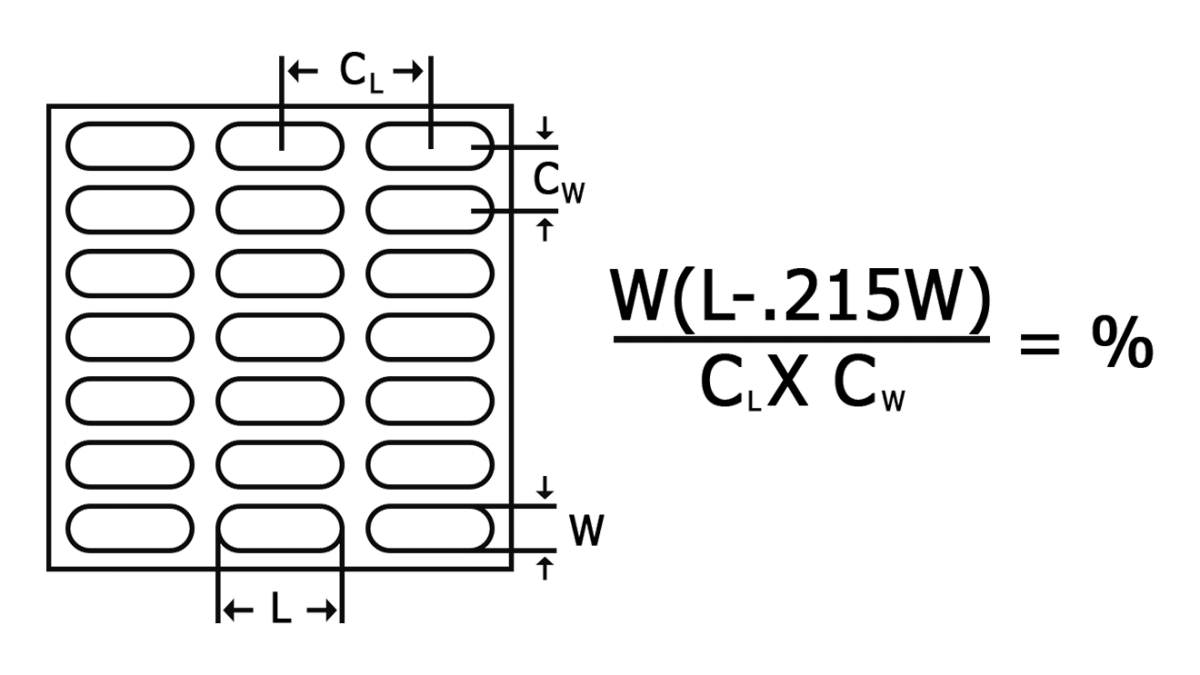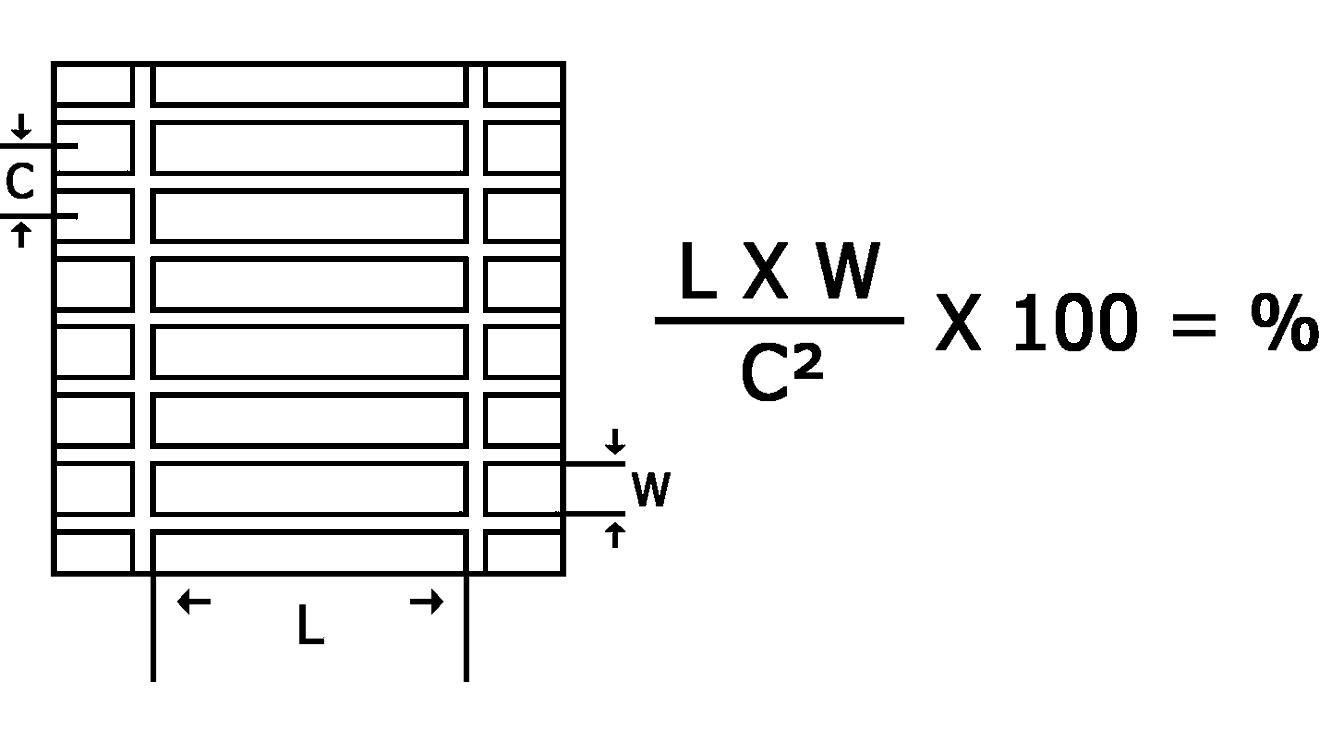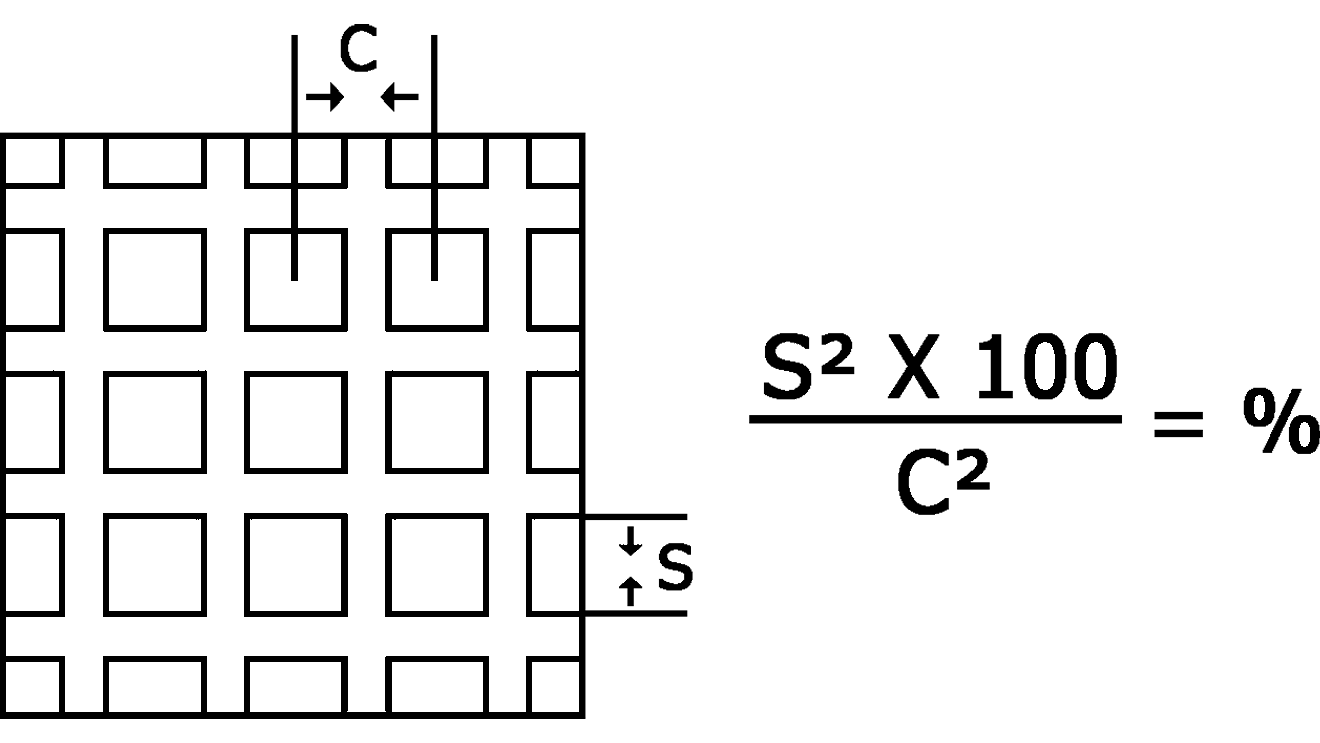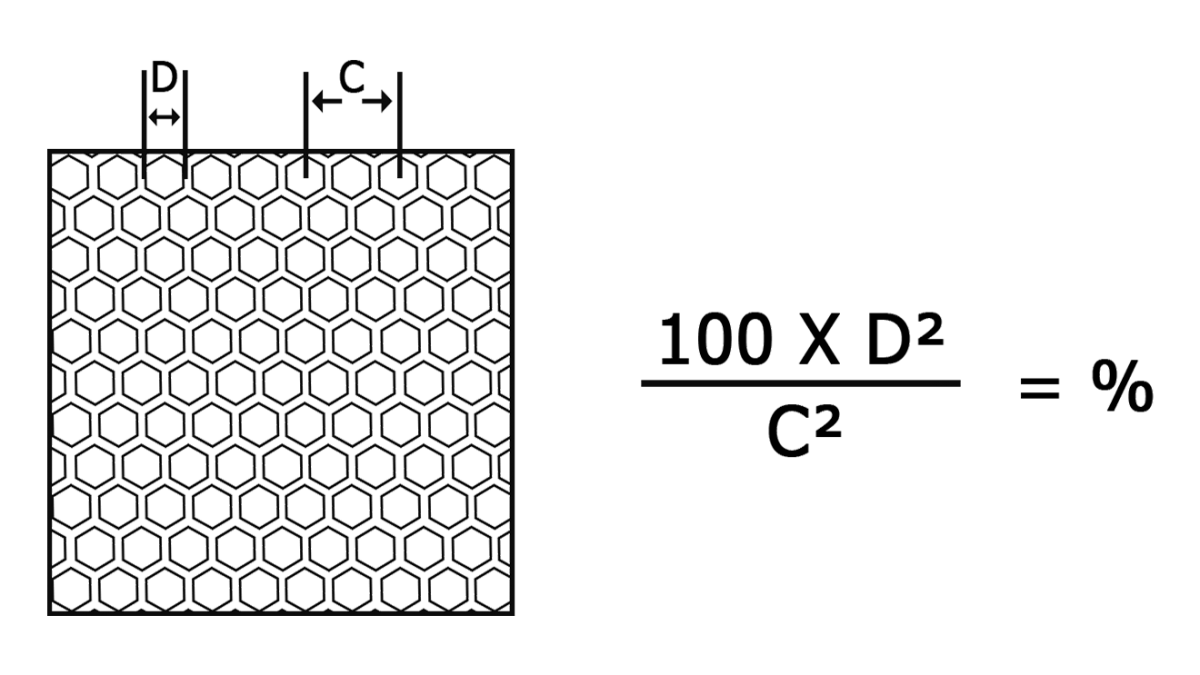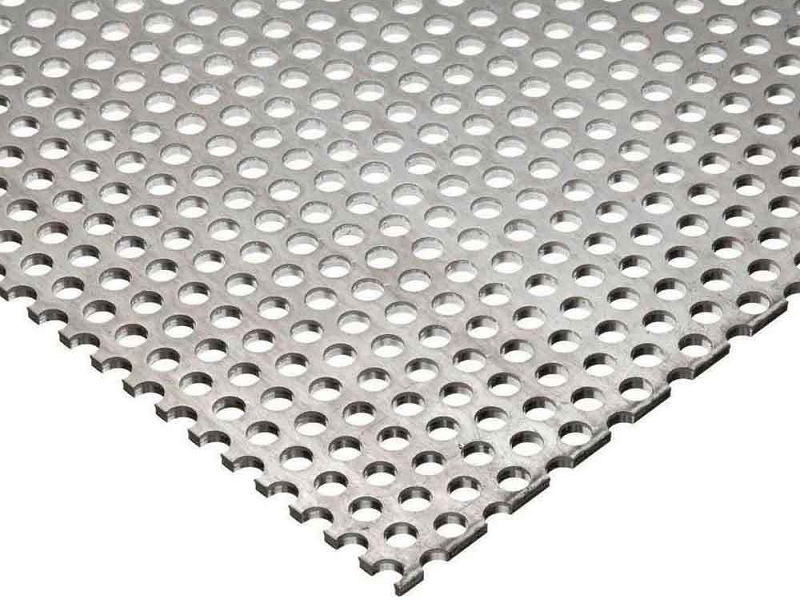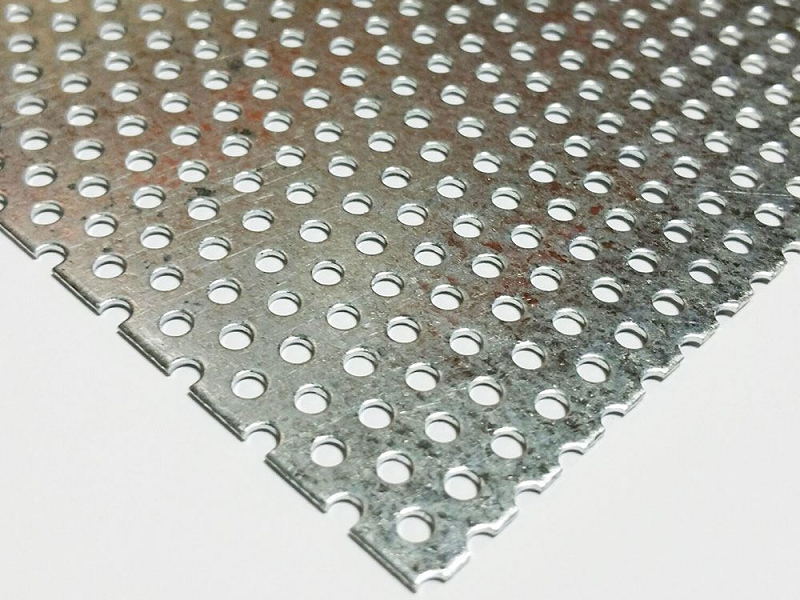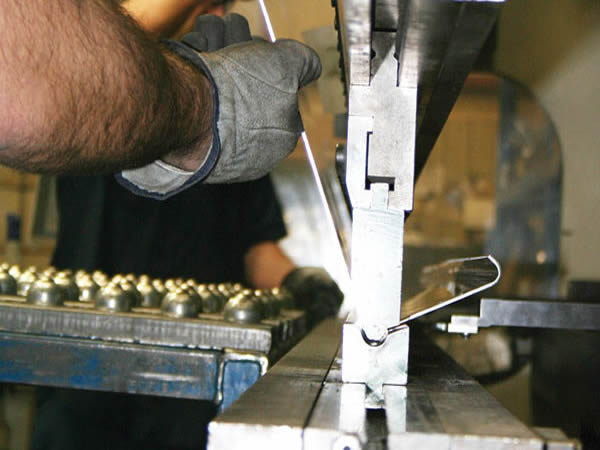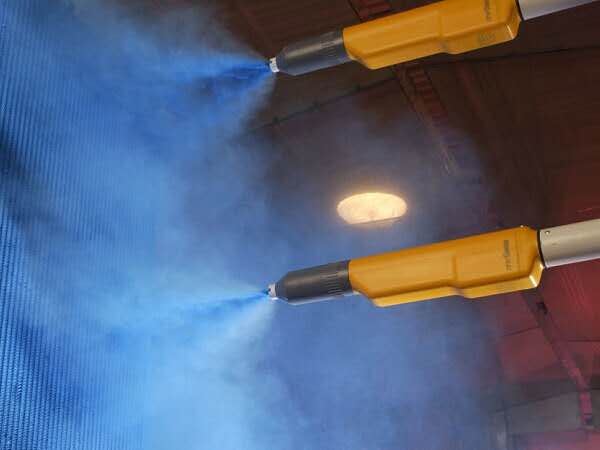Hole Pattern
- Round Hole Perforated Metal
- Square Hole Perforated Metal
- Slotted Hole Perforated Metal
- Decorative Perforated Metal
- Open Percent Formulas
Perforation Material
- Stainless Steel Perforated Metal
- Aluminum Perforated Metal
- Steel Perforated Metal
- Galvanized Steel Perforated Metal
- Brass Perforated Metal
Perforated Metal Applications
- Filters
- Perforated Screen Plates
- Aluminum Exterior Building Facades
- Protective Cover For Rquipment
- Perforated Metal Ceilings
- Perforated Metal Infill Panels
- Anti-Skid Perforated Sheet
- Perforated Metal Noise Barrier
321 Stainless Steel
Type 321 stainless steel immune to high temperatures, stabilized by Titanium, resists intergranular corrosion, high strength. Used for aircraft afterburners, exhaust manifolds, cabin heaters, flash boilers, firewalls, and stack liners.
Principal Design Features: The key feature of 321 stainless is its resistance to intergranular corrosion. It employs titanium as a stabilizing element against chromium carbide formation. This alloy also exhibits strength characteristics superior to those of 304 stainless.
Applications: Jet engine parts, furnace heat treated parts, expansion joints, turbo superchargers, oil refiners, exhaust manifolds and high temperature chemical production equipment.
Machinability: Slightly tougher than 304 stainless, this material will produce the same tough stringy chips. The use of slow speeds and constant positive feeds will minimize this alloy’s tendency to work harden.
Welding: 321 may be welded by all commonly used fusion and resistance methods. Oxyacetylene welding is not recommended. When necessary, use AWS E/ER347 filler metal.
321 Chemistry
| Carbon | 0.08 max |
| Chromium | 17 - 19 |
| Iron | Balance |
| Manganese | 2 max |
| Nickel | 9 - 12 |
| Phosphorus | 0.045 max |
| Silicon | 1 max |
| Sulphur | 0.03 max |
| Titanium | Min:5 x C |
321 Physical Data
| Density (lb / cu. in.) | 0.29 |
| Specific Gravity | 7.9 |
| Specific Heat (Btu/lb/Deg F - [32-212 Deg F]) | 0.12 |
| Electrical Resistivity (microhm-cm (at 68 Deg F)) | 432 |
| Melting Point (Deg F) | 2600 |
| Modulus of Elasticity Tension | 28 |


